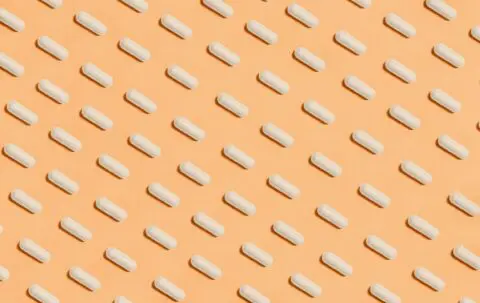The opioid crisis has become one of the most significant public health challenges in the United States, claiming the lives of hundreds of thousands of Americans and devastating communities across the nation.
This epidemic spans several decades and has evolved through distinct waves, each marked by its own set of tragic consequences. Understanding the history and development of the opioid crisis is crucial to addressing the ongoing issues and finding practical solutions.
This article delves into the origins and progression of the opioid epidemic, exploring how it all began, the waves of opioid-related deaths, and the steps we can take to combat this devastating crisis.
The Three Waves of the Opioid Crisis
First Wave: The Rise in Prescription Opioid Overdose Deaths
The first wave began in the 1990s when pharmaceutical companies began to promote opioids as an effective and “non-addictive” medication for treating pain. There was a public campaign to convince practitioners that opioids were safe for widespread use.
This was despite the lack of data about the risks of prescribing opioids. The result was that more and more patients were put on opioid medication for non-cancer pain, resulting in the first wave of opioid-related deaths.
Second Wave: The Rise in Heroin Overdose Deaths
The second wave took place in the early 2010s when more significant restrictions were introduced to limit the prescription of opioid medications. However, many patients who were initially put on opioids have already begun to develop an addiction to the medication. When opioid prescriptions became limited, illegal heroin started to flood the streets.
Heroin was a relatively cheap alternative to prescription opioids. The proliferation of widely available heroin contributed to the rise of the second wave of opioid-related deaths.
Third Wave: The Rise in Synthetic Opioid Overdose Deaths
The third wave of opioid-related deaths occurred in the mid-2010s and was related to the proliferation of synthetic opioids, such as fentanyl.
As a crackdown on heroin began to take effect, illegal drug manufacturers turned to produce fentanyl, sometimes packaged in fake pills and produced in combination with other opioids.
Where Do We Go From Here?
The fight against the illicit use of opioids and opioid-related deaths is far from being won. It takes all of us to play a role to prevent opioids from causing more deaths and damaging our homes and communities any further.
If you or someone you know is struggling with opioid addiction, seeking help through Medication-Assisted Treatment (MAT) or other resources can be a vital step toward recovery.
The Opioid Crisis: Final Thoughts
The opioid crisis in the United States is a complex and multifaceted epidemic that has evolved over the decades.
From the initial wave of prescription opioid misuse in the 1990s through the rise of heroin in the early 2010s to the recent surge in synthetic opioid overdoses, each phase has brought new challenges and devastating consequences.
Addressing this crisis requires a concerted effort from all sectors of society, including healthcare providers, policymakers, and community organizations. It is crucial to continue raising awareness, implementing effective treatment programs, and supporting those affected by opioid addiction.
How QuickMD Can Help You With OUD
If you need assistance, QuickMD offers online addiction recovery services.
Our licensed physicians can provide Medication-Assisted Treatment (MAT) via telemedicine, including buprenorphine prescriptions, to help you start your journey toward recovery.
Reach out to us today and take the first step to reclaim your life.




